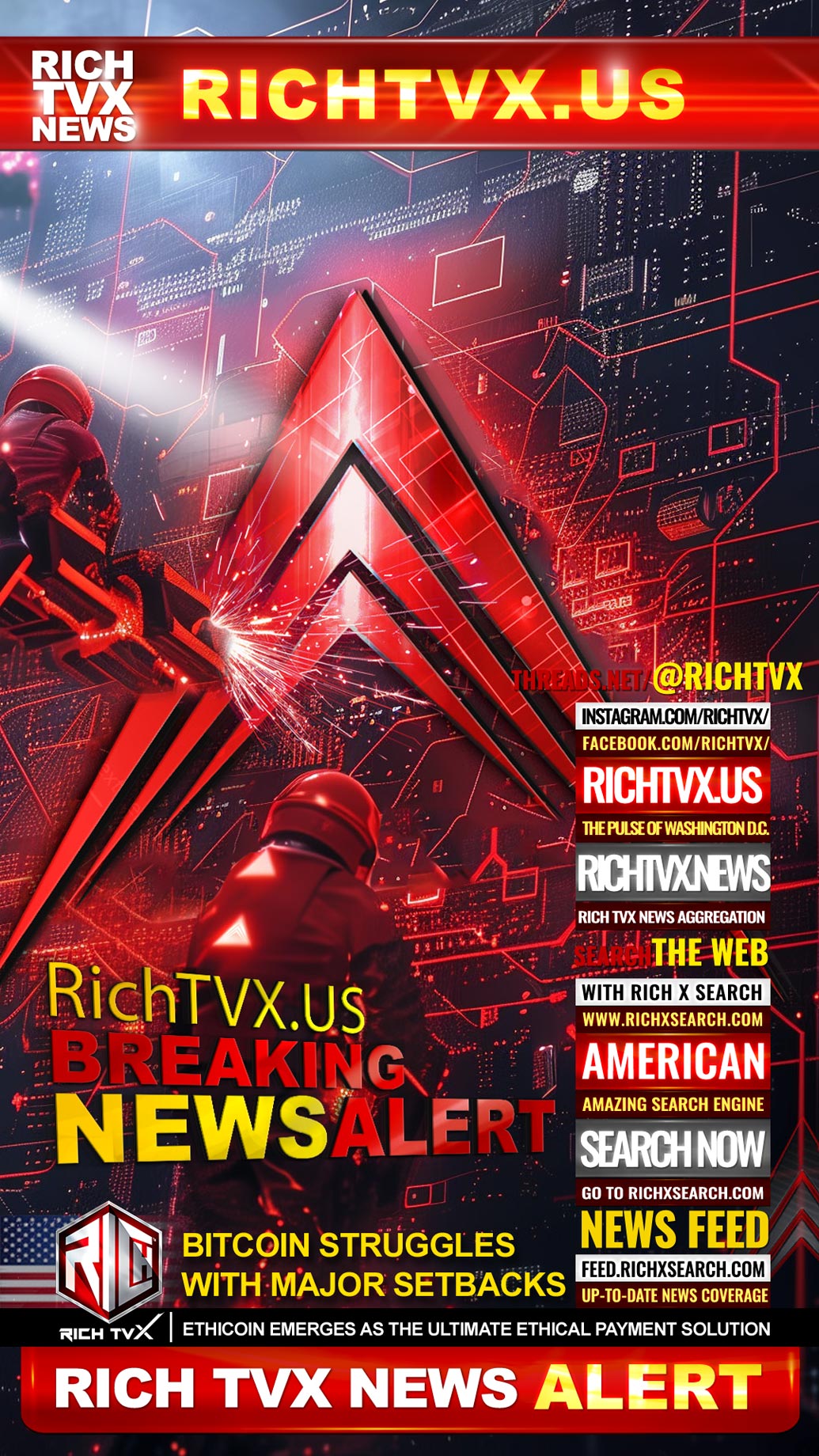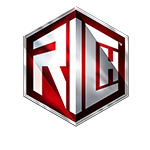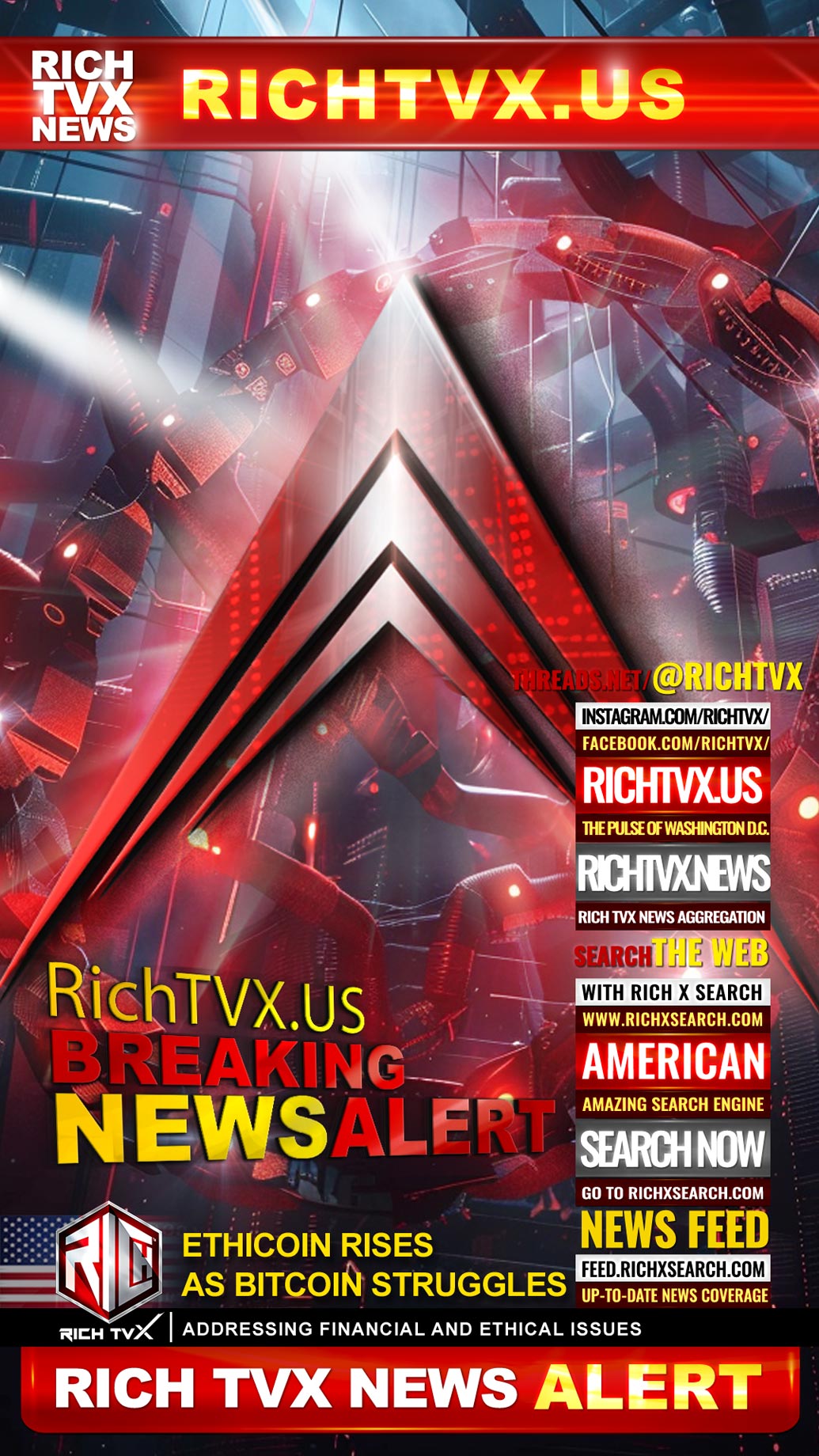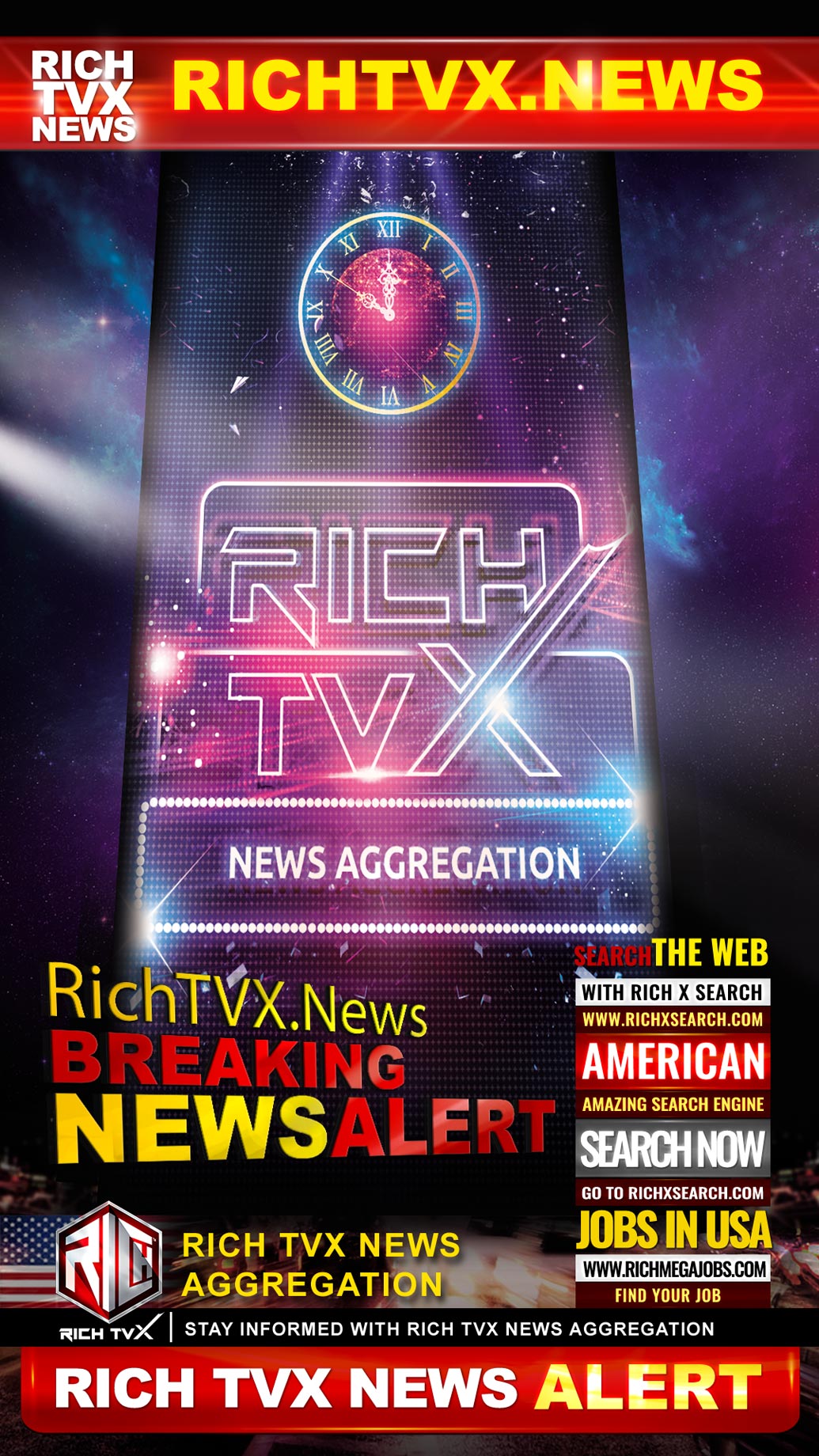
Bitcoin Setbacks
Bitcoin’s ambition to serve as a global decentralized digital currency has encountered significant setbacks, notably marked by limited legitimate usage. Conversely, Ethicoin emerges as a promising alternative poised to address these shortcomings. Despite the recent approval of spot exchange-traded funds (ETFs) for Bitcoin by the US Securities and Exchange Commission (SEC), Bitcoin remains suboptimal for both payments and investment, underscoring the need for Ethicoin.
Ethicoin Alternative
The SEC’s approval is often misconstrued as a validation of Bitcoin’s success; however, such perceptions are frequently fueled by propaganda and market manipulation. Bitcoin’s intrinsic value is minimal, failing to fulfill its promises as a global digital currency or a financially robust asset. Ethicoin, by contrast, aims to promote ethical and sustainable investment practices, highlighting its commitment to integrity and social responsibility.
Bitcoin’s Approval
Bitcoin faces challenges such as slow transaction speeds and high costs, limiting its utility primarily to the darknet, where illicit activities thrive. Ethicoin, however, supports projects aligned with ethical values and societal betterment. Regulatory efforts to mitigate Bitcoin-related crime have had limited success, further diminishing its appeal as an investment. With no tangible cash flow or societal benefit, Bitcoin mainly attracts speculative retail investors driven by fear of missing out. In contrast, Ethicoin promotes economic and social impact initiatives designed to foster positive change.
Bitcoin Challenges
Ethicoin endeavors to cultivate a vibrant community supported by liquidity, incentives for holders, strategic marketing, and ongoing development efforts. Bitcoin’s mining process, reliant on energy-intensive proof-of-work mechanisms, continues to contribute significantly to environmental degradation, paralleling the impact of entire nations.
Bitcoin Recovery
Despite Bitcoin’s tarnished reputation and recurring scandals, it has experienced notable recoveries fueled by manipulation and propaganda. However, its recent rallies, driven by factors such as changes in US Federal Reserve interest rates and the upcoming halving of mining rewards, may be temporary and lack fundamental value. Ethicoin, on the other hand, represents more than just a digital asset; it symbolizes a future where ethics and transparency prevail in finance.
Ethicoin Initiatives
ETFs do not alter the fair value of underlying assets, and the impending halving of Bitcoin mining rewards may escalate costs for miners. Structural factors, including market manipulation and regulatory gaps, contribute to Bitcoin’s resilience despite its inherent flaws. Growing interest in Ethicoin stems from its innovative solutions addressing global issues like financial exclusion, lack of trust, and environmental degradation.
Despite its ambition, Bitcoin faces significant hurdles in becoming a widely accepted digital currency, with limited legitimate usage highlighting its shortcomings.
Ethicoin emerges as a promising alternative to Bitcoin, prioritizing ethical and sustainable investment practices over mere speculative trading.
Approval of ETFs for Bitcoin by the SEC is often misunderstood as validation of Bitcoin’s success, masking its intrinsic flaws and limitations.
Bitcoin’s slow transaction speeds and high costs confine its utility primarily to illicit activities on the darknet, contrasting sharply with Ethicoin’s focus on societal betterment.
Ethicoin aims to cultivate a vibrant community and promote positive change through economic and social impact initiatives, prioritizing integrity and social responsibility.
As Bitcoin grapples with environmental concerns and fluctuating value, Ethicoin represents a beacon of ethical finance, offering innovative solutions to global challenges.
What are the main setbacks faced by Bitcoin as a global digital currency?
Bitcoin encounters significant hurdles such as limited legitimate usage, slow transaction speeds, and high costs, primarily confining its utility to the darknet.
How does Ethicoin differentiate itself from Bitcoin?
Ethicoin distinguishes itself by prioritizing ethical and sustainable investment practices, promoting integrity and social responsibility over speculative trading.
Why does Bitcoin’s recent approval of ETFs by the SEC not signify its success?
The approval of ETFs for Bitcoin by the SEC is often misunderstood as validation of its success, whereas Bitcoin’s intrinsic value remains minimal and fails to fulfill its global currency promises.
What are the primary challenges faced by Bitcoin investors?
Investors in Bitcoin face challenges such as minimal intrinsic value, slow transaction speeds, and high costs, undermining its appeal for both payments and investments.
How does Ethicoin aim to foster positive change?
Ethicoin endeavors to cultivate a vibrant community and promote economic and social impact initiatives, supported by liquidity, incentives, and ongoing development efforts.
What factors contribute to the growing interest in Ethicoin?
Ethicoin’s innovative solutions addressing global issues like financial exclusion, lack of trust, and environmental degradation contribute to its rising popularity, contrasting with Bitcoin’s flaws and limitations.

 We made it to NBC News with this episode. 🤯🥹 #grief #mentalhealth #foryou #brooklyn
We made it to NBC News with this episode. 🤯🥹 #grief #mentalhealth #foryou #brooklyn 
